Last Friday, New York county judge Juan Merchan proceeded with official sentencing of Donald J. Trump following the president-elect's controversial May 2024 conviction for business records falsification. Through a bizarre application of law advanced by Manhattan district attorney Alvin L. Bragg, all 34 misdemeanor counts on which Trump was charged were elevated to felonies on the theory that they were committed to facilitate violation of another law: federal campaign-finance legislation that falls outside the jurisdiction of county authorities.
As Judge Merchan had indicated the week before, his formal sentencing of President Trump imposed no penalty. Trump will not serve jail time, be placed on probation, perform community service, or pay a fine, the last of which might have been consistent with the penalty in similar cases in New York County.
Merchan justified issuing an "unconditional discharge"—a type of criminal sentence that allows a conviction to stand without imposing any palpable consequences—as the only practical way to avoid what he called "encroachment on the highest office of the land." In a 5-4 decision, the Supreme Court narrowly rejected a last-minute appeal by Trump to postpone sentencing until after he appeals the original verdict, either on its merits or in light of the broad presidential immunity that the High Court granted him last year. Its reasoning was that Merchan's unconditional discharge would not cause undue disruption to Trump going forward as he pursues his appeal and exercises his functions as president. Florida, where Trump resides, allows almost all convicted felons to vote in elections after their sentence is served. The state does prohibit them from owning firearms, but this is an impractical consequence for Trump, who enjoys lifetime Secret Service protection.
If Merchan—whose daughter is a major Democratic fundraiser who has worked with leading Democratic politicians involved in lawfare against President Trump—truly wanted to avoid "encroaching" on the presidency, he could have postponed sentencing until after Trump leaves office or dismissed the case altogether. But he chose not to exercise either option. Instead, he handed down a sentence that will label the incoming president a "convicted felon," a description that critics are already using in rhetorical attempts to undermine Trump before his second term even begins.

No justice is served, no deterrence is advanced, and no recompense will be extracted. Merchan's point is and can only be purely political: a partisan parry to weaken our country's constitutionally elected chief executive because the candidate who prevailed does not share his ideas or enjoy his (or his daughter's clients') favor.
Will the sentencing, which makes Trump's status as a convicted felon official, make any difference in his second term? Signs point to no. As the lawfare against Trump draws to a conclusion, the rest of the country beyond Merchan's soulless courtroom has moved on. Even when the incoming president was first indicted in New York in March 2023, an event that rallied Republican support around his candidacy after a series of gaffes and in a crowded field, more than two-thirds of voters surveyed in one poll believed the prosecution was politically motivated. Bragg ran for office on a specific platform to "get Trump." Most of the candidates for the 2024 GOP nomination confirmed on a primary debate stage that they would pardon Trump if he were convicted in any of his federal prosecutions and they were elected to the presidency.
The three other prosecutions of Trump have failed, or seem likely to fail, on procedural, ethical, and constitutional grounds. Despite his critics' constant harping on his legal difficulties, in 2024 Trump went on to win the popular and electoral college votes, as well as all swing states. Keeping him in trouble as a convicted felon may soothe Manhattan consciences, but it also expanded the sympathy vote, arguably helped Trump with minorities and disadvantaged whites, and discredited the legal establishment. Notably, a 2024 Gallup survey found for the first time that a majority of Americans do not trust the judicial system.
President Trump's prosecution in New York and the jury's eventual verdict there did not derail his return to office. Neither will a symbolic gesture from the bench of a judge whom Trump and many of his supporters believe is biased against him. Trump's status as a "convicted felon" may one day emerge as the answer to a trivia question, but will do nothing to hamper his second term.
Paul du Quenoy is President of the Palm Beach Freedom Institute.
The views expressed in this article are the writer's own.

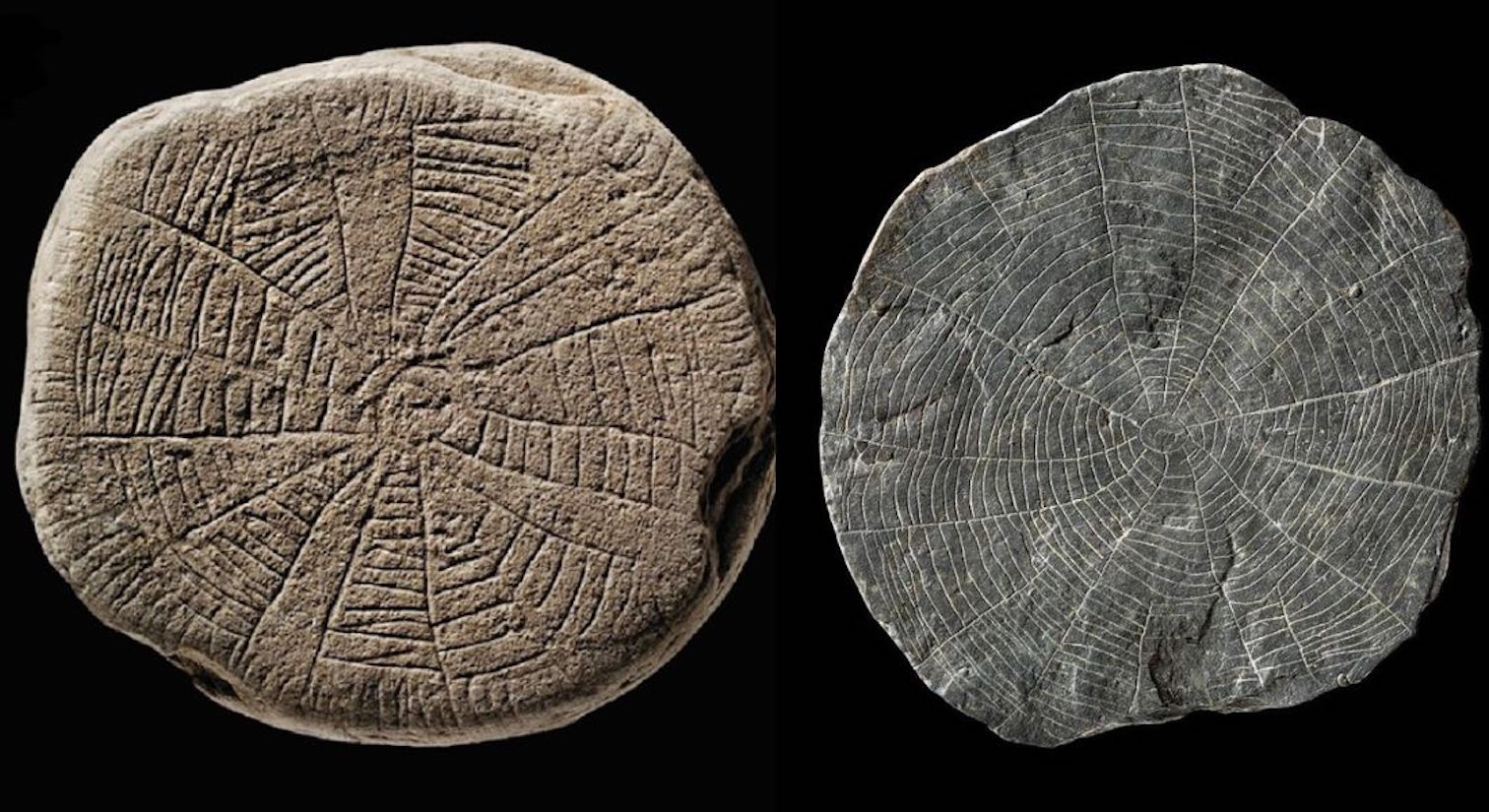



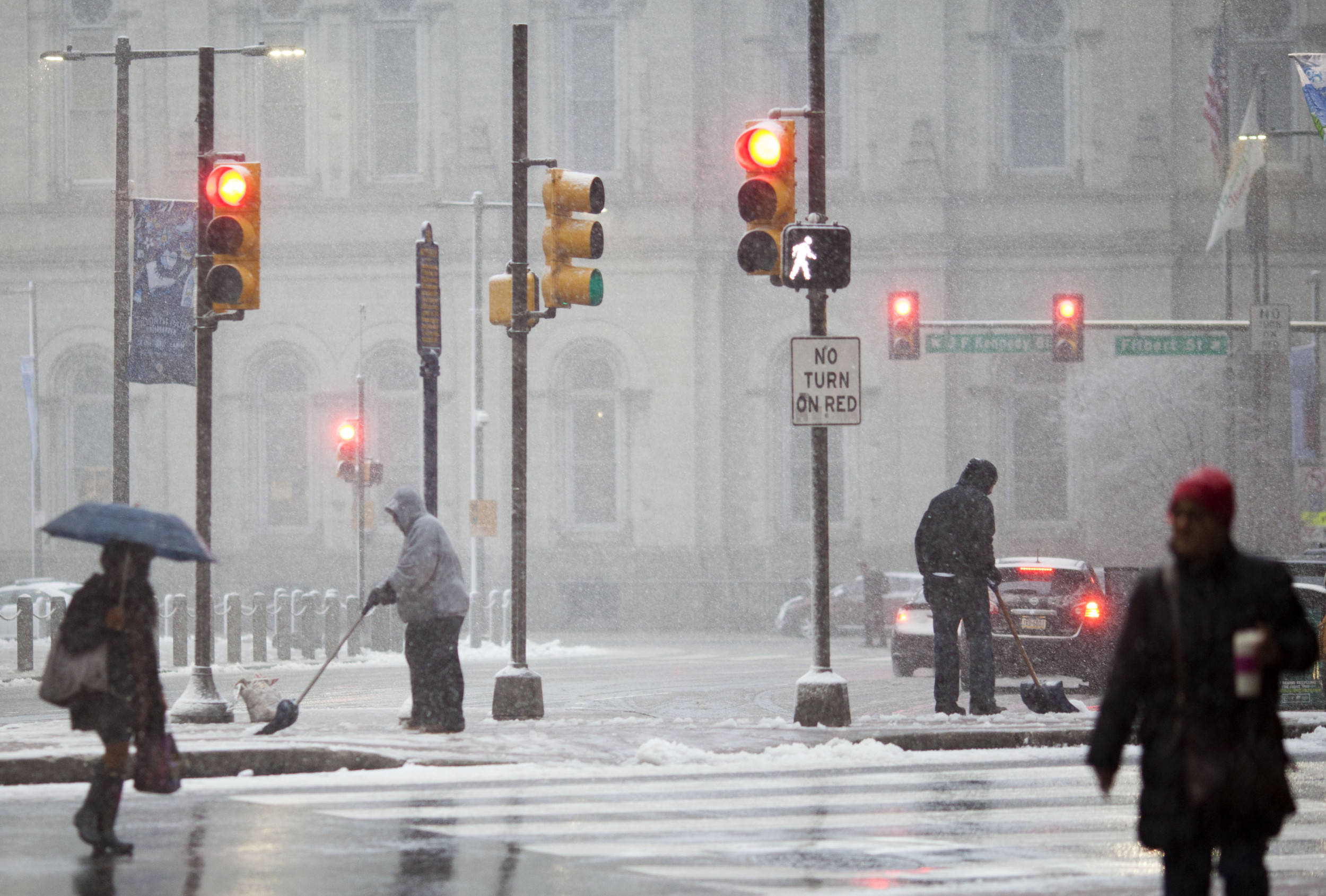

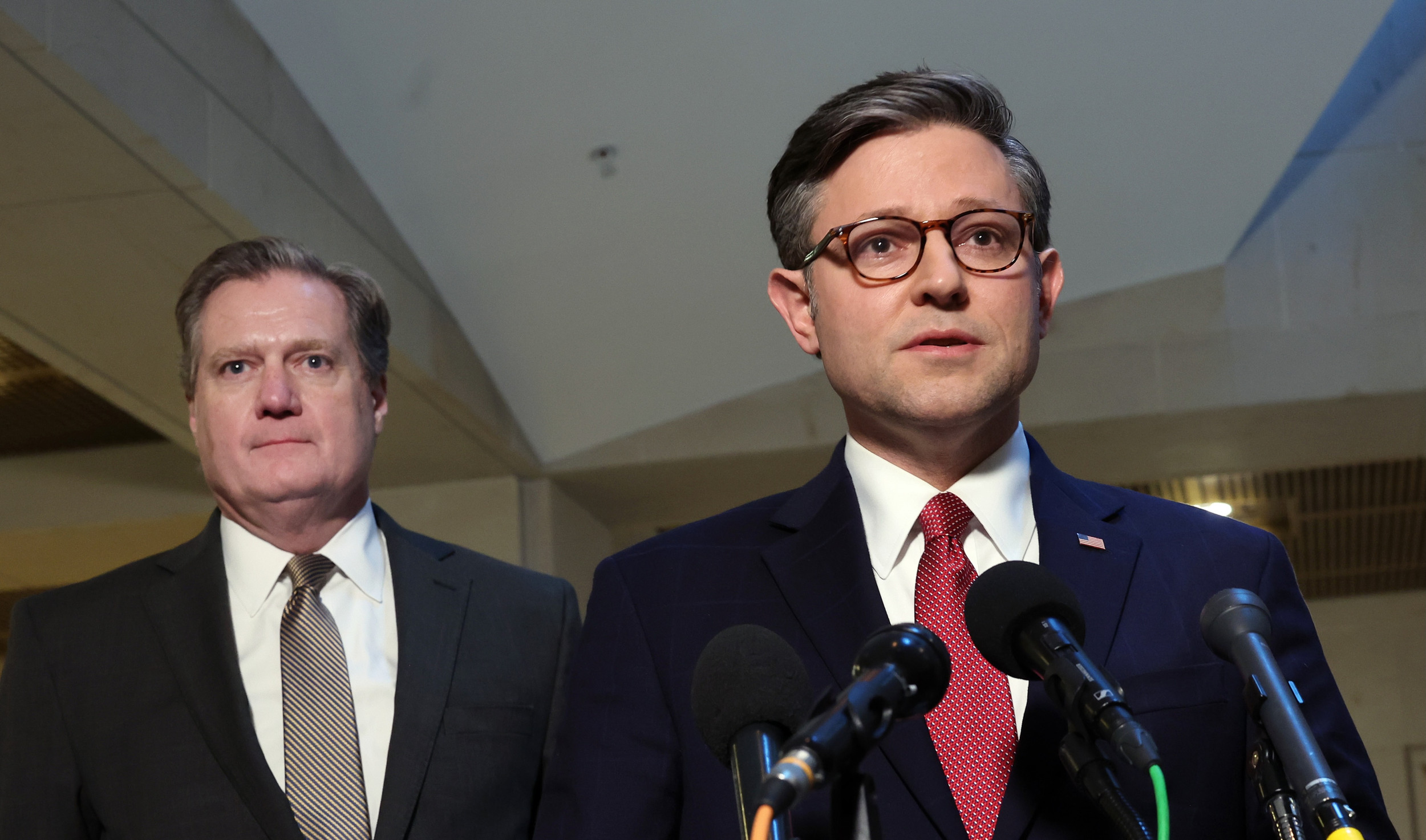


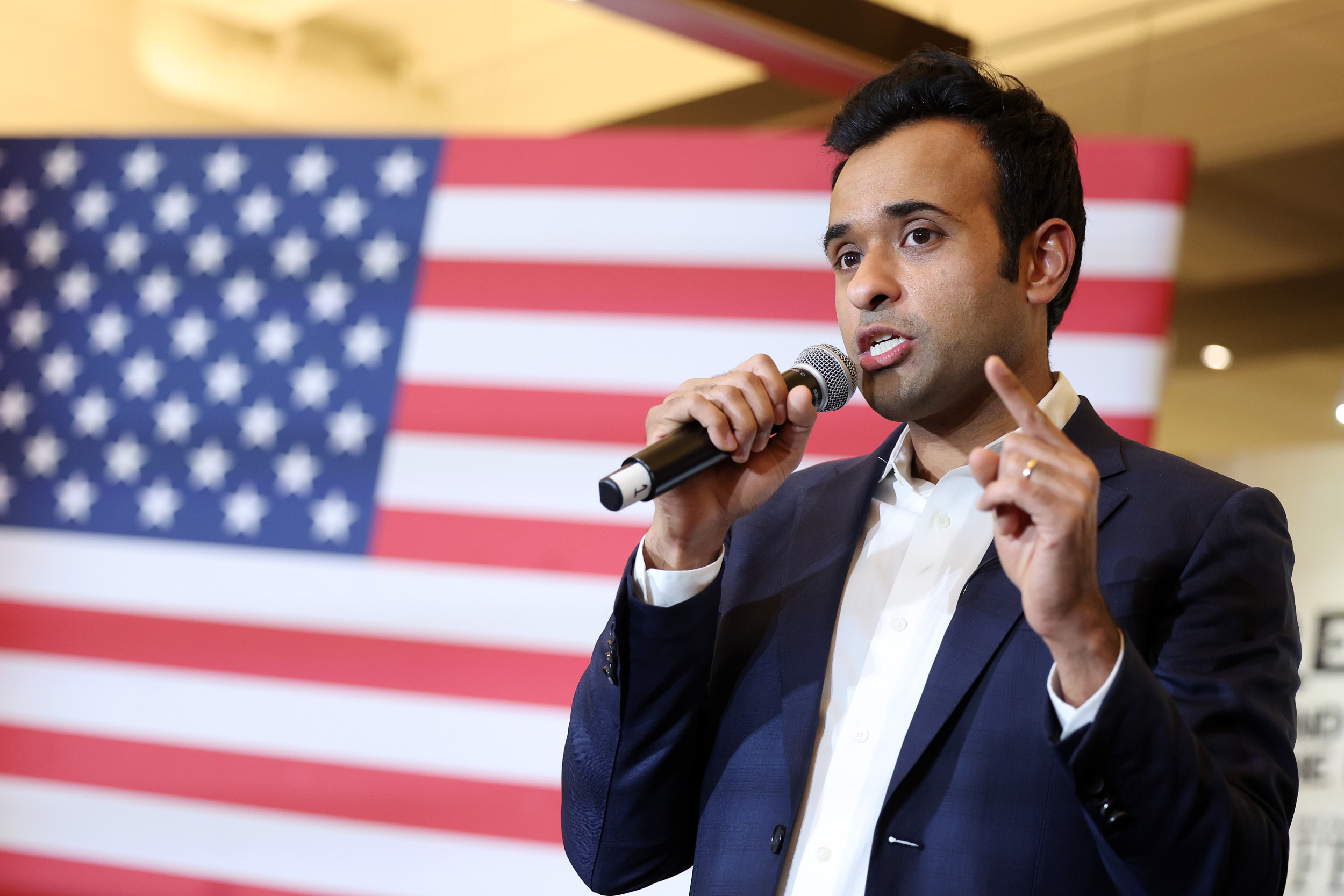
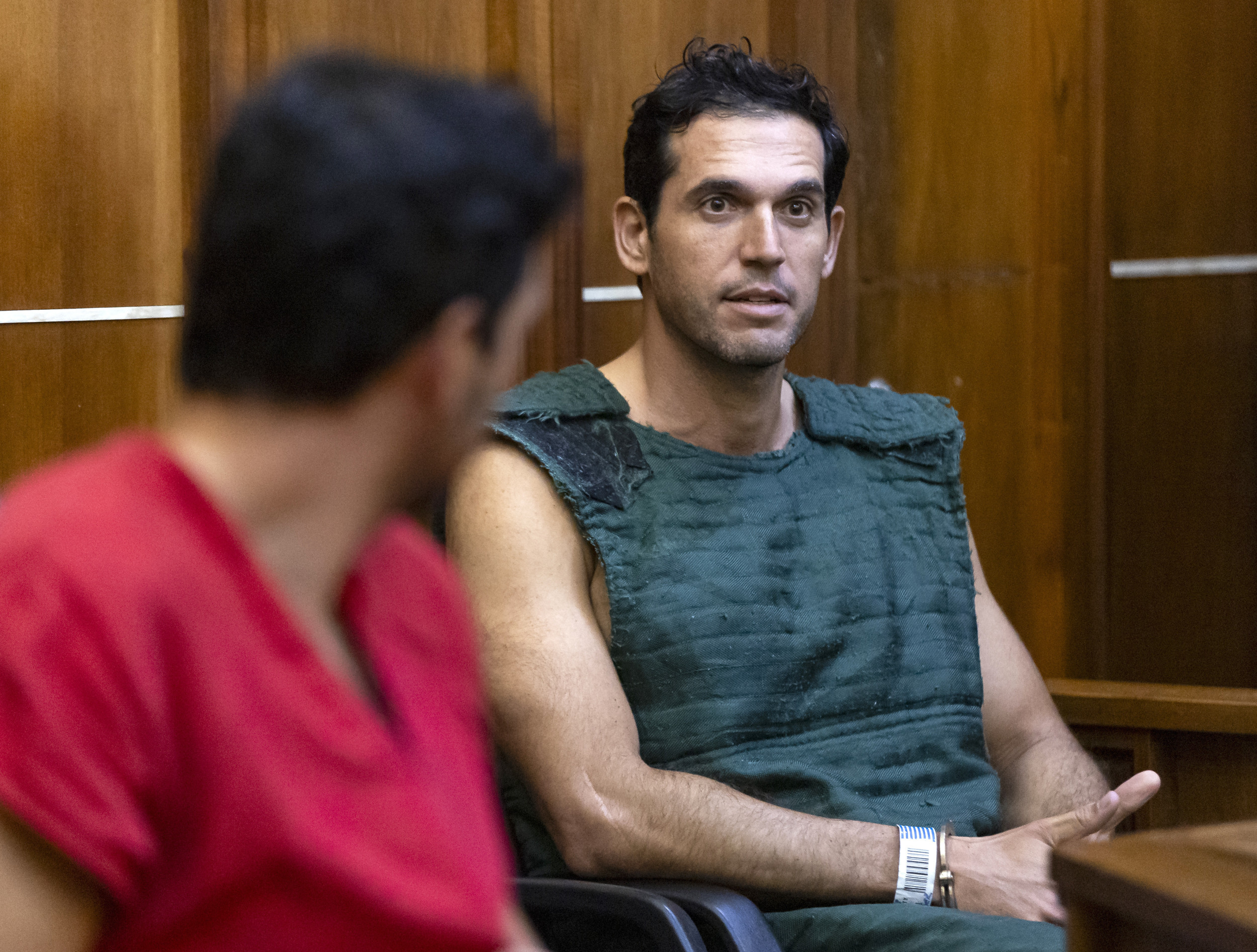








 English (US) ·
English (US) ·